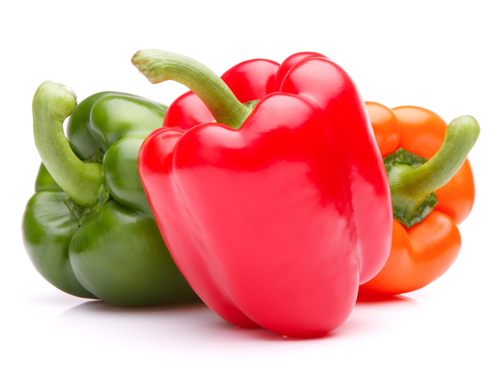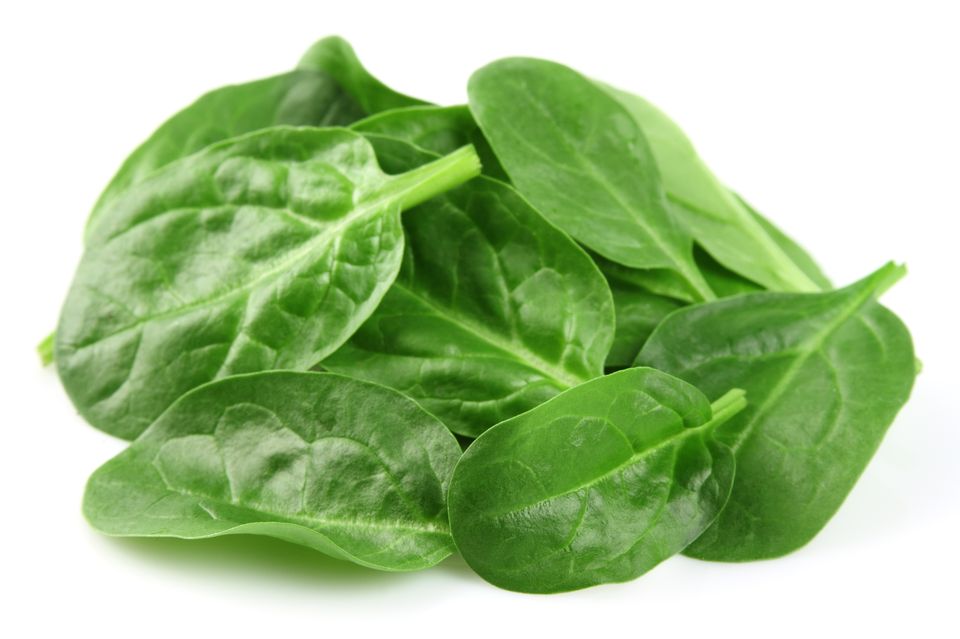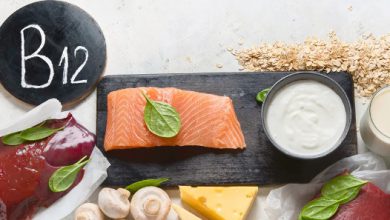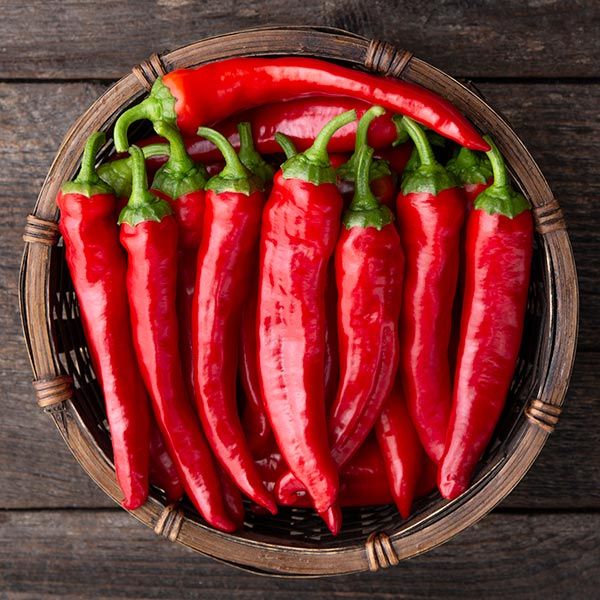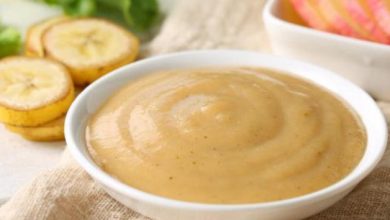Constipation can be relieved by drinking fruit juice, and a small amount is enough. For optimal results, drink half a cup to a full glass of fruit juice every day, preferably in the morning, and drink eight or more cups of fluids every day to keep your bowel movements regular.
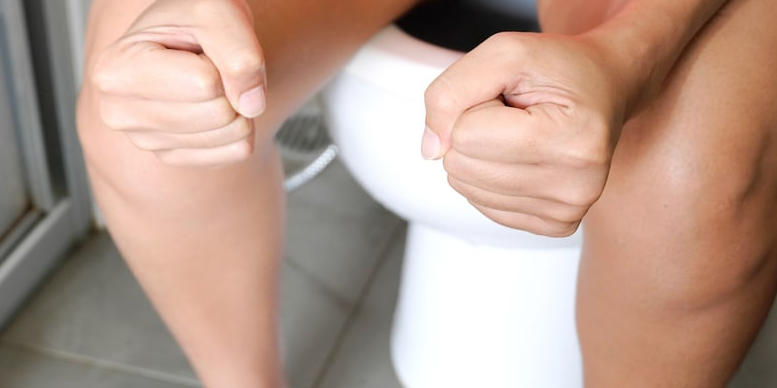
Water :
Dehydration can lead to constipation, and drinking carbonated water can help hydrate the body and improve bowel movements in cases of constipation. Constipation can also be prevented by drinking 2-4 glasses of water extra throughout the day.
Peach juice:
Each 240 ml cup of plum juice contains about 2.6 grams of fiber, which is about 10 percent of your daily fiber need. The sorbitol in plum juice softens stool and eases elimination, and dietary fiber may increase stool volume. Plum juice, however, is a good source of vitamin C and iron.
54 male and female volunteers drank peach juice for two weeks in a 2007 study published in the Journal of Nutritional Research, and it had a mild laxative effect, but it reduced bloating in adults with certain gastrointestinal symptoms. Generally, plum juice can be used as a laxative substitute in cases of mild constipation.
Apple juice:
Constipated children are often recommended apple juice. Large amounts of fructose may cause discomfort in the intestines since it contains more fructose than glucose and sorbitol.
People with chronic constipation can benefit from fructan, a substance found in apple juice drinks, according to a 2020 study published in Food & Function.
However, some may think that eating applesauce may also help with constipation, but applesauce has a higher pectin content than apple juice, which can cause bulky stools. In cases of diarrhea, applesauce is better because it is harder to pass through the intestines.
Pear juice:
Constipation is often treated with pears juice. On the other hand, pear juice has less vitamins than plum juice, but many children prefer the taste of pear juice because of its higher sorbitol content.
According to a study published in the Chinese Journal of Nursing in 2006, 62 patients with acute stroke drank fresh pears every day to prevent constipation in post-stroke patients. For two weeks, the juice prevented constipation.
In another study published in 2001 in the Australian Journal of Nutrition and Dietetics and 111 elderly hospitalized patients to determine the effect of pear juice supplementation on constipation compared to the effect of fiber supplementation, pear juice supplementation improved long-term performance.
Lemonade:
It is believed that lemons contain high levels of vitamin C, an antioxidant compound that helps absorb water and increase its content inside the intestines, softening stools and stimulating bowel movements. Drinking lemon and water may help some people with constipation. In addition to maintaining body moisture, lemon juice can also prevent dehydration that causes constipation.
Senna:
Senna contains plant compounds called glycosides that stimulate the nerves of the intestines, which speed up their movement. Constipation is relieved by Senna, an herbal laxative. Senna was found to be helpful in improving opioid-related constipation symptoms in a 2014 study published in the World Journal of Gastroenterology.
According to a scientific review published in the Journal of Pediatric Surgery in 2018, eating senna relieves constipation in children. Senna is generally considered safe for adults and children over the age of two. As long as it is taken for short periods of time, and the US Food and Drug Administration (FDA) has approved its use, this herb may be safe for long-term use.
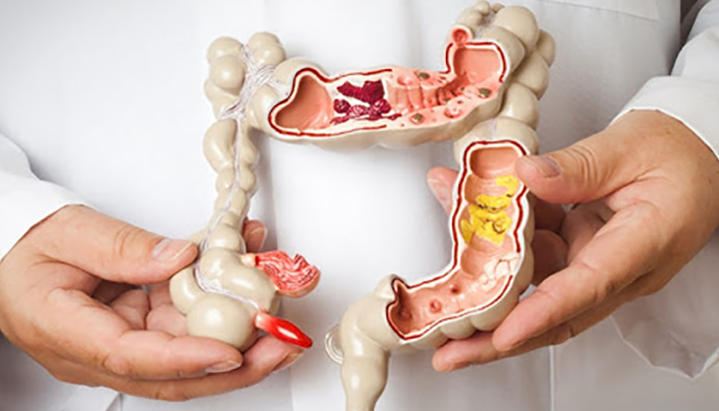
In contrast, doctors generally do not recommend using senna for pregnant or breastfeeding women, as well as people with certain health conditions, such as inflammatory bowel disease.
Constipation-relieving foods include:
Consuming foods containing probiotics may help reduce constipation because they are indigestible carbohydrate fibers, such as oligosaccharides and inulin. Beneficial gut bacteria may be fed by prebiotics, improving digestive health. Help which increases vital assistance. Some types of prebiotics, also known as probiotics, may aid in softening stools and increasing bowel movements by improving the balance of gut bacteria. Here are some examples:
an onion
Leeks
the banana
It is recommended to gradually increase the amount of dietary fiber in the diet in order to achieve at least 20 to 35 grams per day. Dietary fiber helps increase the softness and volume of stool, which facilitates its exit from the body.
Products made from whole grains, such as bread and brown rice.
cereal bran
the vegetables.
Fiber-rich fruits: such as apples.
Oat .
One cup of beans contains 10 grams of fiber, including water-soluble fiber as well as fiber that is not soluble in water, but both types help relieve constipation. As one of the useful legumes in cases of constipation that can be added to pasta, salad or soup, we mention the following:
baked beans
Cowpeas or black-eyed peas.
Pea;
Pinto beans or white beans
Cowpea .
Beans, which are one of the foods high in FODMAPs, may cause gas, which can worsen IBS symptoms in people suffering from it.
In addition to regular potatoes being a good source of fiber, sweet potatoes contain a high fiber content of 3.8 grams in a medium size, most of which is found in the skin. Having small beans provides 3 grams of fiber, so it is recommended to protect the skin and avoid high-calorie additives like butter and sour cream when eating it.
Many fruits are excellent sources of dietary fiber, which provide the body with many other nutritional benefits, as well as being good for constipation. Many people may find that dried or cooked fruits work best. Here are some types of fresh fruits that may help relieve constipation:
Fruits such as apricot, blueberry, fig, grape, kiwi, papaya, peach, pear, pineapple, plum, raspberry, strawberry, etc.
Fruits that are dried: apricots, dates, figs, peaches and raisins.
Constipation can be relieved by adding nuts to the diet, especially walnuts and almonds.
You can add seeds to smoothies, yogurt, or salads as an excellent source of dietary fiber. Constipation can be relieved by chia seeds, ground flax seeds, and psyllium seeds.
Constipation tips:
Keep a food diary and avoid foods associated with constipation:
Maintain regular bowel movements by increasing physical activity. In order to maintain normal bowel movements, people who do not exercise regularly should walk for 10 to 15 minutes after each meal.
Consuming dietary fiber supplements: Dietary fiber supplements can be consumed. Dietary fiber supplements can increase constipation or cause it in people who cannot consume more fiber-rich foods in their diet. Consult a doctor or nutritionist before using.
High-fat and low-fiber foods can increase constipation, such as cheese and dairy products, processed foods, and meat.
Caffeinated beverages such as coffee and soda can cause dehydration, and some people may need to stop drinking them until their bowel movements return to normal.



